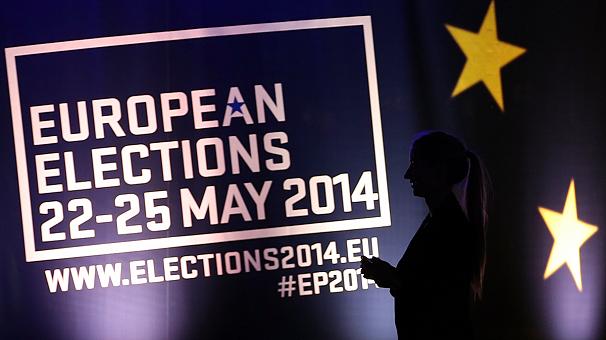

Last month’s European Parliament elections across Europe will generate substantive changes in who makes the decisions affecting Europe’s citizens. A surge of Eurosceptic votes and a winning centre-right across Europe have sent a strong message to Brussels. Over the next months, experts will continue to analyse the results and offer predictions about the future of the EU. In the meantime, we have summarized for you the key takeaways from these elections.

“Crisis averted”
On 26 May, Europe woke up to hear that we reversed the trend of ever lower voter turnout at European Elections. For the first time in 30 years the number of voters has increased.“Voter apathy halted”, “Crisis averted” – read a few of the headlines. But a closer look reveals that voter turnout has increased by only 0.1%, which is a very low benchmark of success. Despite the €6.9 million campaign “Act. React. Impact.”, aiming to mobilise voters across Europe, only 40% of the population casted a vote. This Election was also the first time that the so-called system of “Spitzenkandidaten” – lead candidates for the Commission President from the major political groups were campaigning. By personalising the campaign, parties hoped more people would be better informed, engaged and ultimately – vote.
A new group might be born
Even though the mainstream European political groups – EPP (conservative), S&D (social democrat) & ALDE (liberal) - remain the dominant players, far-right and eurosceptics have made major gains. Marine Le Pen’s French FN, Geert Wilders’ Dutch Party for Freedom, the Freedom Party of Austria, Italy’s Lega Nord, and Belgium’s Vlaams Belang have already announced efforts to form a new Parliamentary Group. They will need at least two more MEPs from different EU countries before being able to form a new far-right group in the European Parliament. Once formed, such a group in the EP would be entitled to receive up to €50 million in EU funding over the next five years, Committee chairmanships and more speaking time in Parliament. All in all, powerful incentives to forget their internal differences and join forces.
An unprecedented power struggle is rolling out in Brussels
The system of “Spitzenkandidaten” – candidates to follow Mr. Barroso as the next Commission President – was an impressive campaigning tool. But now that the EPP has overall won the elections and their lead candidate Jean-Claude Juncker, claimed victory, EU leaders have become less vocal in their support for Juncker. On the other side of the equation – the Parliamentarians were quick to issue a declaration in support of this lead candidate. This set off an unprecedented power struggle between EU Parliament and EU State leaders. Officially, Juncker continues to be the lead candidate but EU leaders might come up with a different “name” by the end of June. Who will prevail – Parliament or EU State leaders –remains to be seen.
Farewell to Kallas
Europe is also saying “farewell” to Transport Commissioner Siim Kallas. Throughout the summer new Commissioners will be nominated by EU Member States. In September, the nominees will be questioned by the European Parliamentarians on their knowledge, skills and vision for the future.
Pilots remain engaged with EP
Pilots have been engaged throughout the elections and will continue to follow closely debates about EU policy, politics and regulations. With a “7 pilots on Election Day” comments, European pilots already highlighted the most pressing aviation issues, which future challenges the EU must address, and why therefore voting matters. The EU’s institutional changeover is the best moment to start tackling these issues.
Last but not least, pilots will continue to stand close to the newly elected Parliamentarians – on the ground – by supporting them with their expertise, professionalism and operational experience – and in the air – by flying them safely to their destinations!